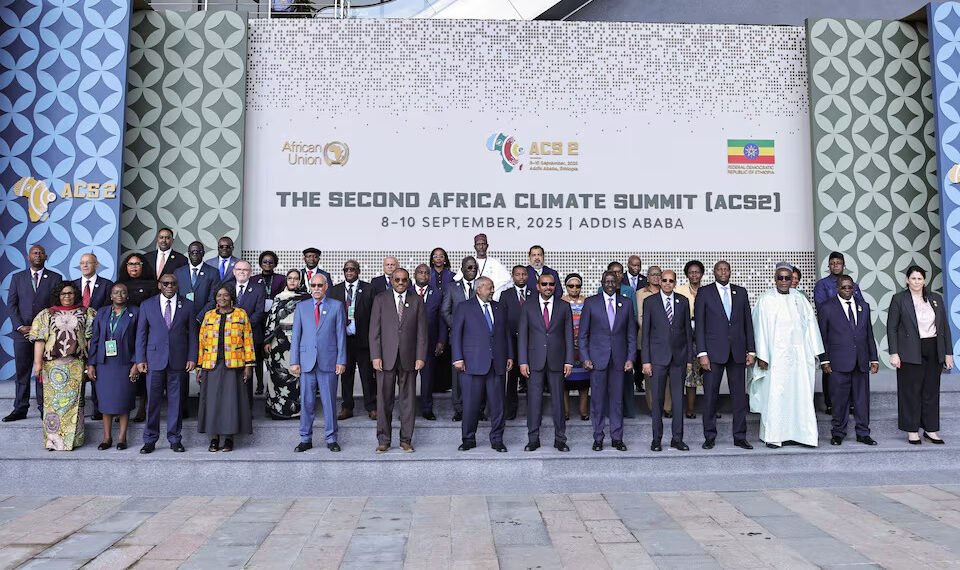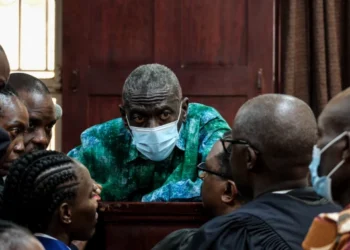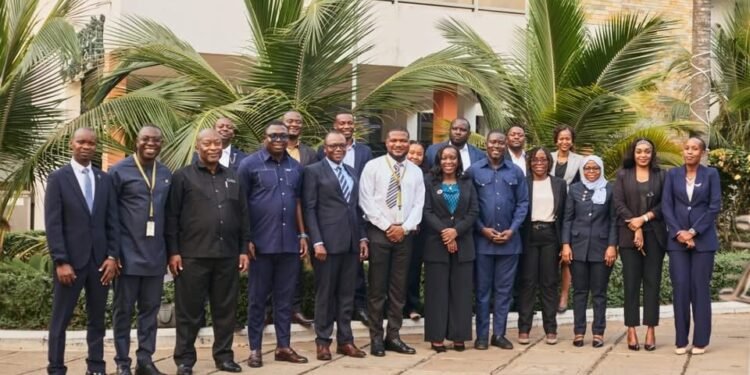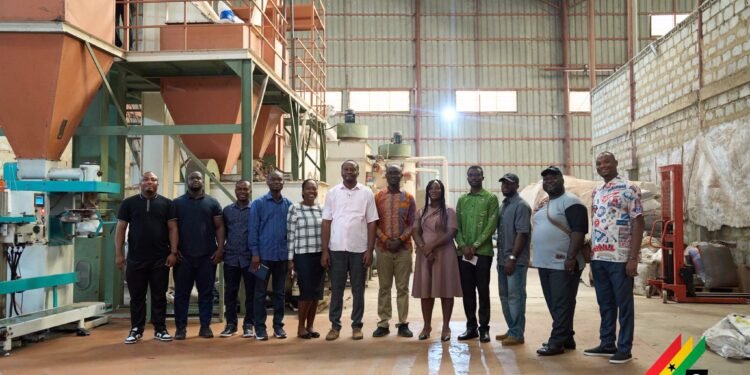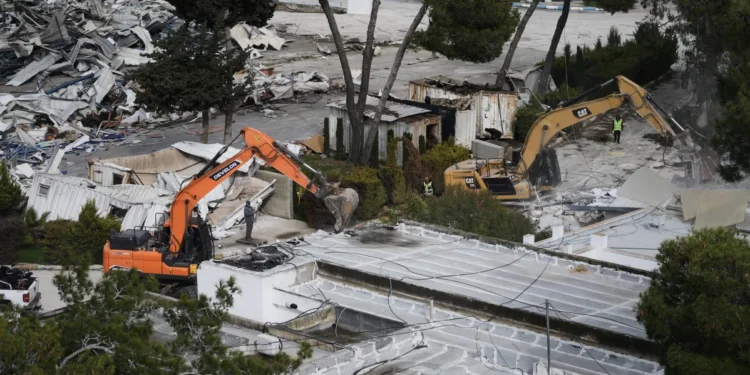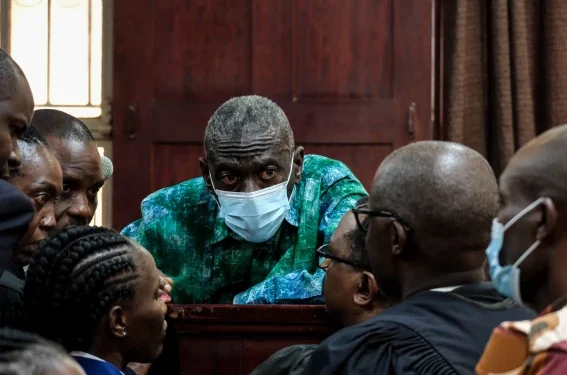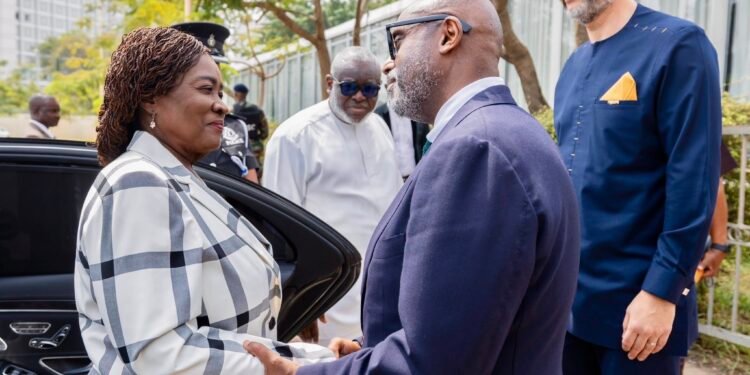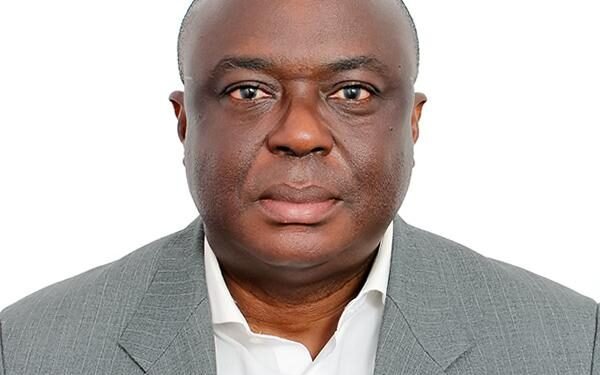African leaders have vowed to present a global blueprint for fighting climate change through green investments, declaring their continent must not be sidelined in shaping solutions to the crisis. Their stance comes after the United States’ withdrawal from the Paris climate agreement weakened international climate efforts.
The second African Climate Summit (ACS2) opened this week in Ethiopia, with leaders seeking a unified position ahead of the COP30 negotiations in Brazil. The continent has been battered by landslides, floods, and droughts this year, intensifying pressure to act.
Ethiopian Prime Minister Abiy Ahmed set the tone during the opening ceremony. “We are not here to negotiate our survival. We are here to design the world’s next climate economy,” he declared.
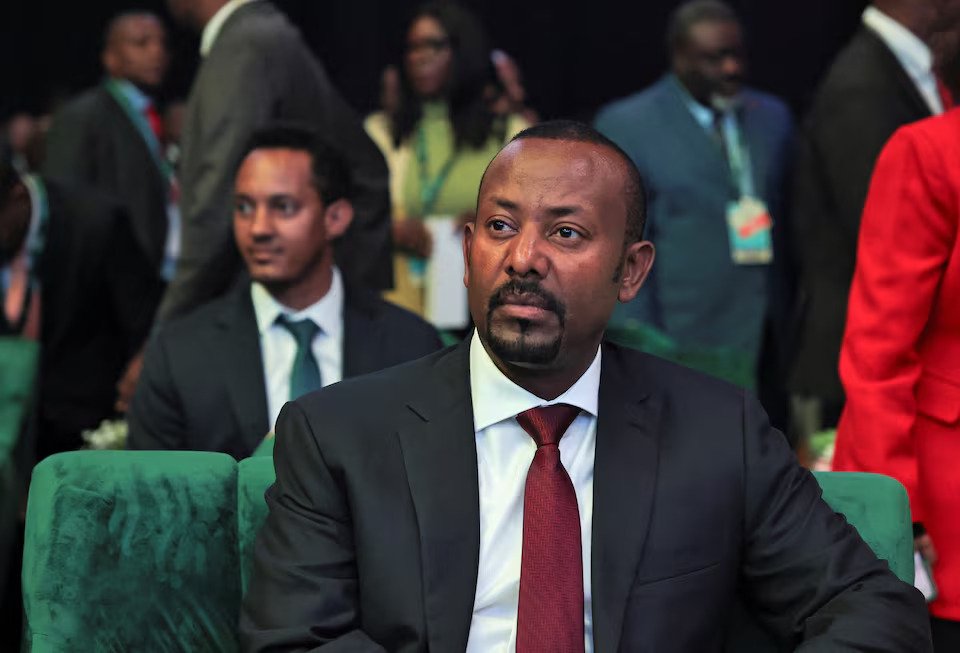
At the summit, African development banks and commercial lenders signed a landmark deal to mobilise as much as $100 billion for “green industrialisation” powered by renewable energy. Kenyan President William Ruto announced the agreement, which includes major institutions such as the African Development Bank, Africa Export-Import Bank, Ecobank Transnational, and KCB Group.
Summit Calls For Fair Climate Financing
President Abiy also proposed the launch of an Africa Climate Innovation Initiative, to be funded within the continent. He said the initiative would unite African universities, research centres, startups, rural communities, and inventors to produce 1,000 climate solutions by 2030. “If we make the right choices now, Africa can be the first continent to industrialize without destroying its ecosystems,” Abiy said, adding that Ethiopia hopes to host COP32 in 2027.
The gathering reflects frustration over the lack of funding pledged to African nations. Despite repeated appeals, the continent still receives only about 1% of the world’s annual climate financing. At the inaugural Nairobi summit two years ago, leaders demanded more resources to cope with fiscal constraints and mounting debt while addressing climate impacts. Those calls remain largely unanswered.
Mahamoud Ali Youssouf, chair of the African Union Commission, underscored the urgency of climate funding. “Climate finance must be fair, significant and predictable,” he said, pressing wealthy nations to honour their commitments.
African leaders also warned against the risks posed by a weakening global consensus on climate action. The administration of U.S. President Donald Trump recently pulled out of the Paris accord for the second time and walked away from clean energy partnerships with nations like South Africa.
President Ruto criticised this retreat from cooperation. “Commitments are broken and international solidarity is dismissed as weakness precisely when the scale of the climate crisis demands enhanced cooperation, not less,” he said.

Africa Bears The Brunt Despite Low Emissions
The consequences of climate change are already unfolding across Africa. Rising temperatures and shifting rainfall patterns are intensifying droughts, floods, and desertification. Agriculture, which sustains millions of livelihoods, is being severely disrupted. In the Sahel region, declining crop yields and degraded grazing lands are driving food insecurity and pushing communities into hardship.
Water scarcity is worsening, leaving households without reliable access to clean water and fuelling conflicts over dwindling resources. This scarcity also forces migration, creating new layers of instability. Coastal countries face rising seas and increasingly violent storms that threaten cities, infrastructure, and populations.
Despite contributing only minimally to global emissions, African nations remain among the most vulnerable to climate shocks. Yet many governments are moving forward with renewable energy projects and adaptation strategies. Leaders stress, however, that scaling up these efforts requires robust international support.
As the summit continues, African leaders are positioning the continent as both a victim of climate change and a potential pioneer of solutions. By investing in renewable energy, fostering innovation, and demanding fair financing, they aim to turn vulnerability into opportunity. Whether the wider international community will match Africa’s determination with the resources it requires remains the critical test.
READ ALSO: Can Dr. Adrian Alter Steer Ghana’s Troubled Economy to Stability Under IMF Watch?

